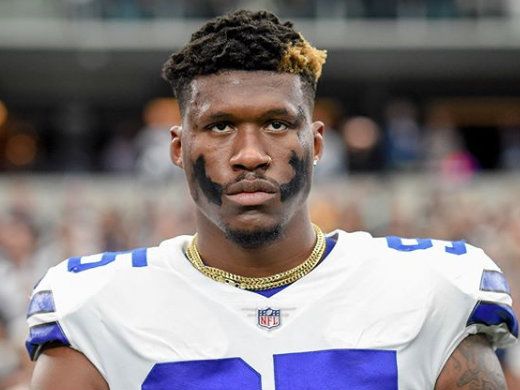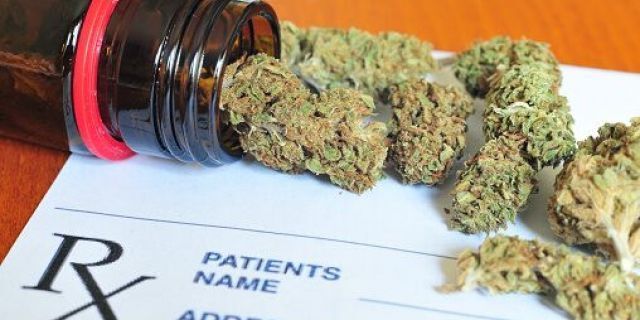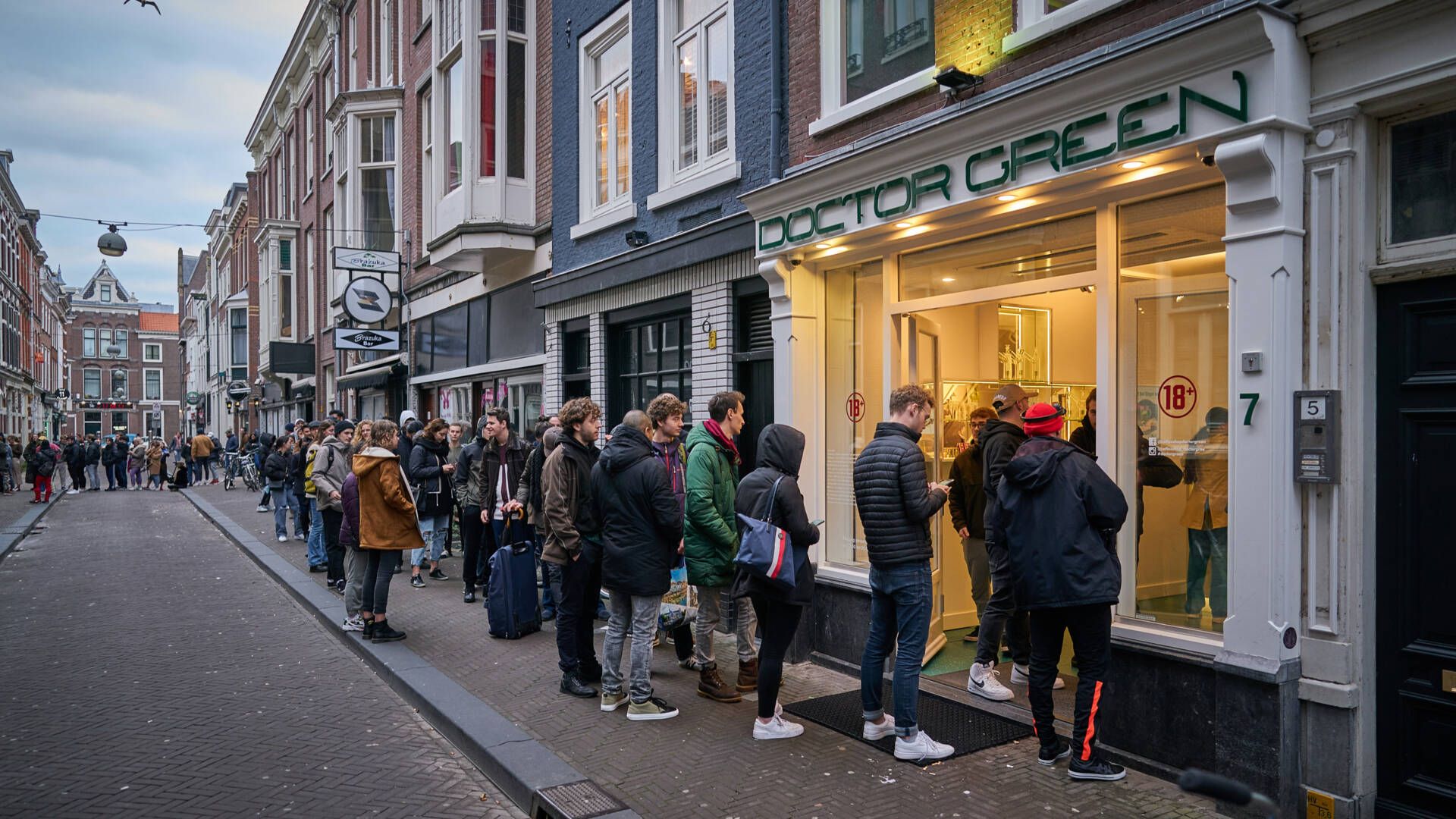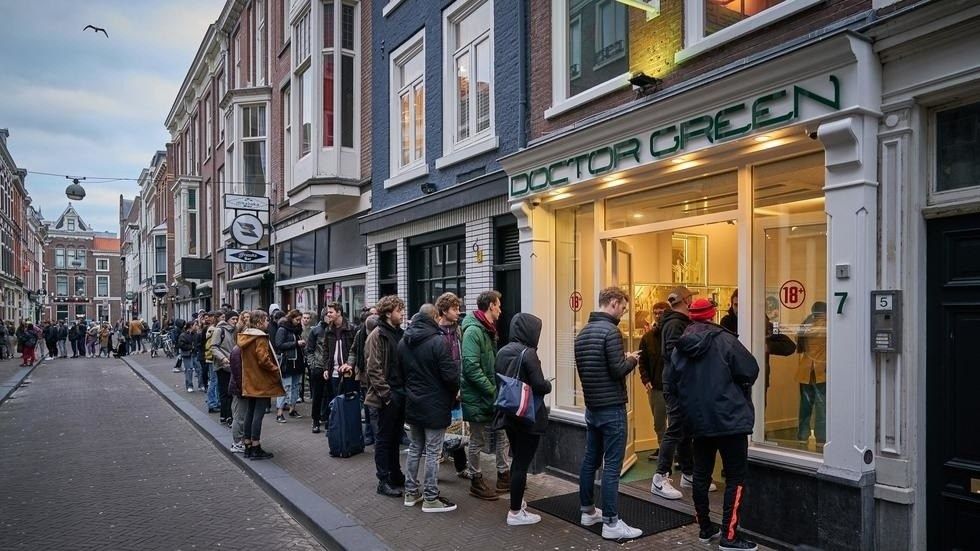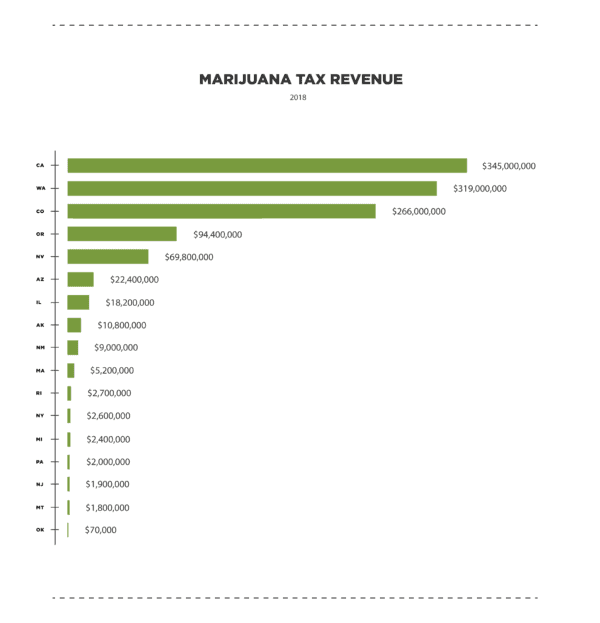A Company Is Sending Cannabis and Coffee to Space to See if They Mutate
Front Range Biosciences is flying hemp and coffee aboard a SpaceX mission in March.
Astronauts have taken medication to space since the early days of off-planet exploration—but next spring, a Colorado company plans to be the first to send plant cultures of coffee and hemp, a variety of marijuana, to the International Space Station (ISS). The mission will test if zero gravity will mutate or genetically alter the plants, so presumably someday you can have a CBD-infused coffee on Mars.
Front Range Biosciences, an agricultural biotech company that breeds genetically consistent hemp and coffee varieties, has partnered with tech startup Space Cells and the University of Colorado, Boulder to launch more than 480 plant cell cultures in an incubator made for space. The cultures will hitch aboard a SpaceX cargo flight slated for March 2020 to resupply the ISS.
While the plant Cannabis sativa is still illegal on the federal level, hemp was made legal again a year ago. Hemp is a breed of cannabis that cannot get you stoned because it lacks high quantities of the chemical THC.
Hemp is, however, useful for food, textiles and sucking up heavy metals in the ground. It also contains high amounts of CBD, a cannabis-derived molecule that seems to have numerous medicinal properties, such as treating epilepsy, anxiety, and pain, although the evidence isn’t solid yet. Either way, hemp is a versatile plant that could have many applications in space.
“This is the first time anyone is researching the effects of microgravity and spaceflight on hemp and coffee cell cultures,” Jonathan Vaught, co-founder and CEO of Front Range Biosciences, said in a statement. “There is science to support the theory that plants in space experience mutations. This is an opportunity to see whether those mutations hold up once brought back to earth and if there are new commercial applications.”
After a month in space, the cells will be returned to Earth so Front Range can analyze the DNA and evaluate the effects of radiation and microgravity on the plants. “We are excited to learn more about both hemp and coffee gene expression in microgravity and how that will inform our breeding programs,” Reggie Gaudino, VP of research and development at Front Range, said in a statement.
While this could be one of the first steps toward producing interstellar pot or coffee, the company claims this could have terrestrial applications, too. In places hard-hit by climate change, for example, it may help design more resilient crops. Last year, Front Range partnered with Frinj Coffee to produce coffee plants that can grow in Southern California, which isn’t as easy to do outside of equatorial countries like Colombia.
While this hemp and coffee experiment will be unique, it isn’t the first time cannabis has been sent off-planet. On June 1, 2013, Seed Hub and High Times used a weather balloon to send a joint, a small marijuana plant, and 95 seeds nearly 20 miles off the ground. But that same year Dale Chamberlain, a former NASA botanist who helped build plant grow boxes for zero gravity, hinted to Motherboard that cannabis seeds may have been smuggled onto the ISS before.
In 2017, a dispensary called Herban Planet and Sent to Space tried an experiment similar Front Range’s proposal, launching a pound of thin mint-flavored weed with a weather balloon 131,208 feet. They were testing for DNA changes as well, but their cannabis wasn’t in space for very long. EvenViceland sent a spliff up 32.4km into the atmosphere.
And earlier this year, Space Tango, a Kentucky-based space research company, sent hemp seeds to the ISS via a SpaceX rocket, returned them to earth and started growing them. Their results don’t seem to be published yet.
But even if this isn’t the first weed in space, it also won’t be the last. Front Range plans to run many experiments like this.
“In the future, we plan for the crew to harvest and preserve the plants at different points in their grow-cycle, so we can analyze which metabolic pathways are turned on and turned off,” Louis Stodieck, director of BioServe Space Technologies at the University of Colorado, Boulder, said in a statement. “This is a fascinating area of study that has considerable potential.”
Front Range Biosciences is flying hemp and coffee aboard a SpaceX mission in March.
Astronauts have taken medication to space since the early days of off-planet exploration—but next spring, a Colorado company plans to be the first to send plant cultures of coffee and hemp, a variety of marijuana, to the International Space Station (ISS). The mission will test if zero gravity will mutate or genetically alter the plants, so presumably someday you can have a CBD-infused coffee on Mars.
Front Range Biosciences, an agricultural biotech company that breeds genetically consistent hemp and coffee varieties, has partnered with tech startup Space Cells and the University of Colorado, Boulder to launch more than 480 plant cell cultures in an incubator made for space. The cultures will hitch aboard a SpaceX cargo flight slated for March 2020 to resupply the ISS.
While the plant Cannabis sativa is still illegal on the federal level, hemp was made legal again a year ago. Hemp is a breed of cannabis that cannot get you stoned because it lacks high quantities of the chemical THC.
Hemp is, however, useful for food, textiles and sucking up heavy metals in the ground. It also contains high amounts of CBD, a cannabis-derived molecule that seems to have numerous medicinal properties, such as treating epilepsy, anxiety, and pain, although the evidence isn’t solid yet. Either way, hemp is a versatile plant that could have many applications in space.
“This is the first time anyone is researching the effects of microgravity and spaceflight on hemp and coffee cell cultures,” Jonathan Vaught, co-founder and CEO of Front Range Biosciences, said in a statement. “There is science to support the theory that plants in space experience mutations. This is an opportunity to see whether those mutations hold up once brought back to earth and if there are new commercial applications.”
After a month in space, the cells will be returned to Earth so Front Range can analyze the DNA and evaluate the effects of radiation and microgravity on the plants. “We are excited to learn more about both hemp and coffee gene expression in microgravity and how that will inform our breeding programs,” Reggie Gaudino, VP of research and development at Front Range, said in a statement.
While this could be one of the first steps toward producing interstellar pot or coffee, the company claims this could have terrestrial applications, too. In places hard-hit by climate change, for example, it may help design more resilient crops. Last year, Front Range partnered with Frinj Coffee to produce coffee plants that can grow in Southern California, which isn’t as easy to do outside of equatorial countries like Colombia.
While this hemp and coffee experiment will be unique, it isn’t the first time cannabis has been sent off-planet. On June 1, 2013, Seed Hub and High Times used a weather balloon to send a joint, a small marijuana plant, and 95 seeds nearly 20 miles off the ground. But that same year Dale Chamberlain, a former NASA botanist who helped build plant grow boxes for zero gravity, hinted to Motherboard that cannabis seeds may have been smuggled onto the ISS before.
In 2017, a dispensary called Herban Planet and Sent to Space tried an experiment similar Front Range’s proposal, launching a pound of thin mint-flavored weed with a weather balloon 131,208 feet. They were testing for DNA changes as well, but their cannabis wasn’t in space for very long. EvenViceland sent a spliff up 32.4km into the atmosphere.
And earlier this year, Space Tango, a Kentucky-based space research company, sent hemp seeds to the ISS via a SpaceX rocket, returned them to earth and started growing them. Their results don’t seem to be published yet.
But even if this isn’t the first weed in space, it also won’t be the last. Front Range plans to run many experiments like this.
“In the future, we plan for the crew to harvest and preserve the plants at different points in their grow-cycle, so we can analyze which metabolic pathways are turned on and turned off,” Louis Stodieck, director of BioServe Space Technologies at the University of Colorado, Boulder, said in a statement. “This is a fascinating area of study that has considerable potential.”
